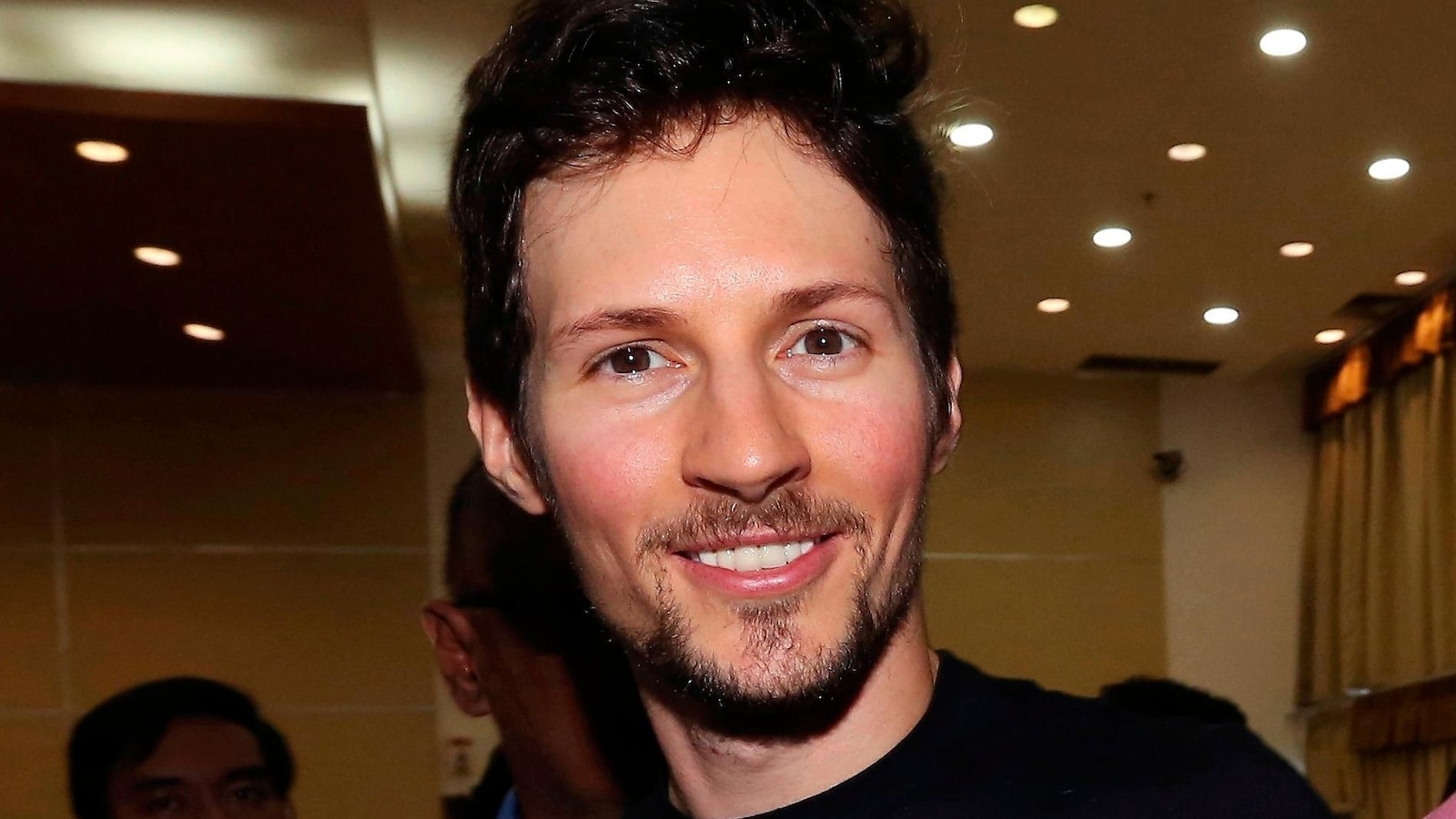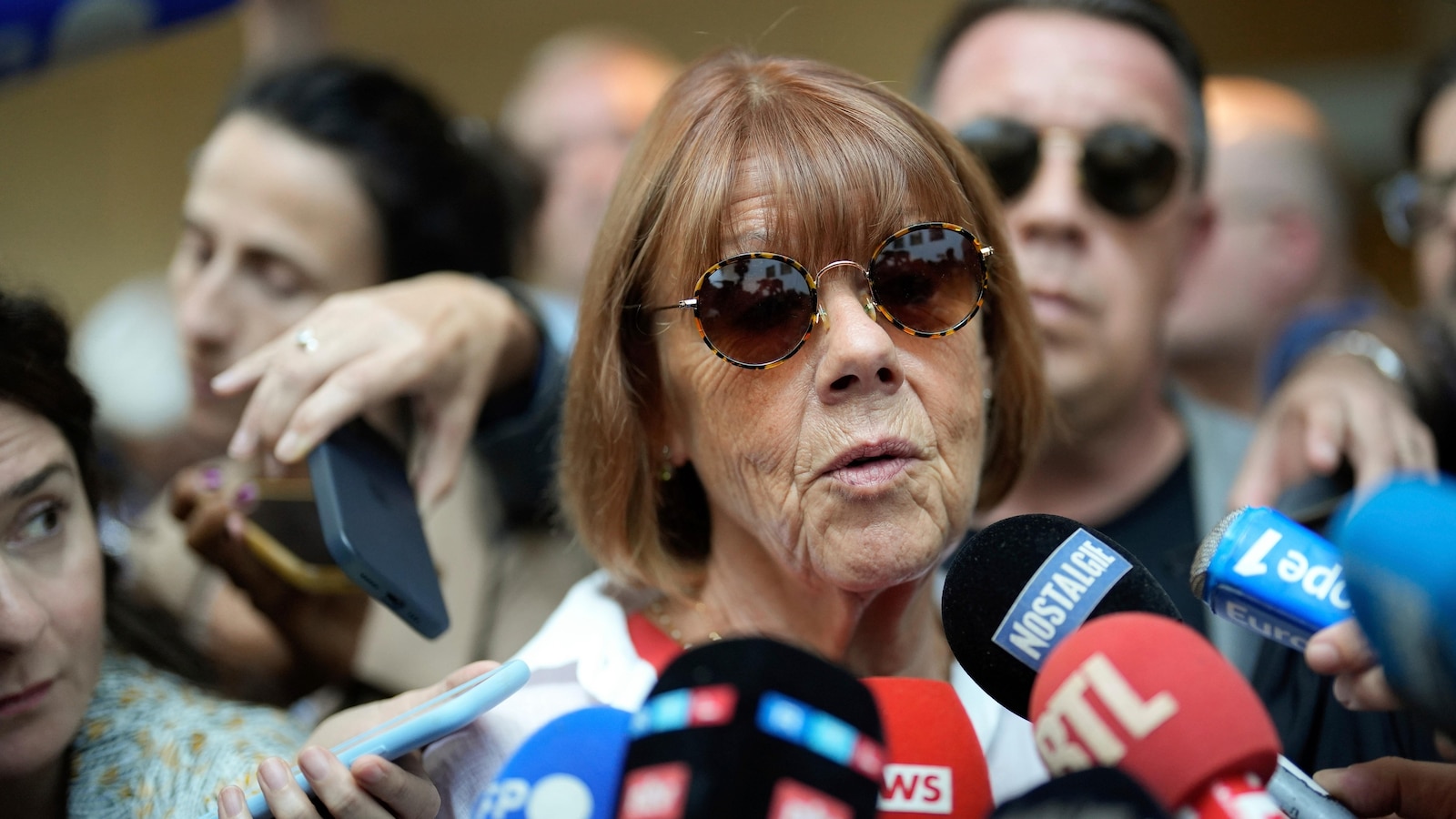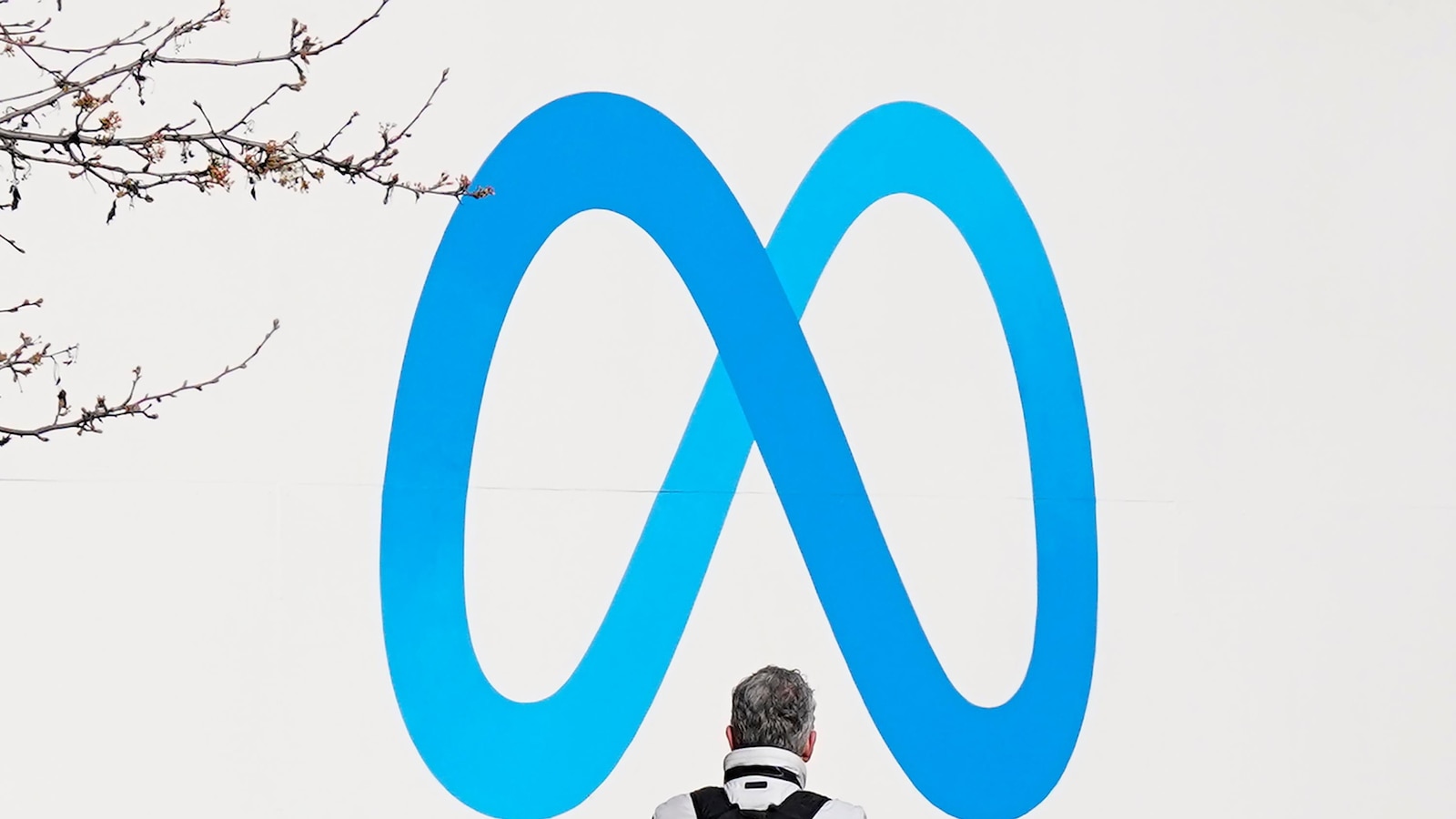
PARIS — French President Emmanuel Macron said Monday that the arrest in France of the CEO of the popular messaging app Telegram, Pavel Durov, wasn’t a political move but part of an independent investigation.
French media reported that Durov was detained at a Paris airport on Saturday on an arrest warrant alleging his platform has been used for money laundering, drug trafficking and other offenses. Durov is a citizen of Russia, France, the United Arab Emirates, and the Caribbean island nation of St. Kitts and Nevis.
In France’s first public comment on the arrest, Macron posted on the social media platform X that his country “is deeply committed” to freedom of expression but “freedoms are upheld within a legal framework, both on social media and in real life, to protect citizens and respect their fundamental rights.”
Denouncing what he called false information circulating about the arrest, he said it “is in no way a political decision. It is up to the judges to rule on the matter.”
Russian government officials have expressed outrage at Durov’s arrest, with some calling it politically driven and saying it showed the West’s double standard on freedom of speech.
Telegram, which says it has nearly a billion users worldwide, was founded by Durov and his brother in the wake of the Russian government’s crackdown after mass pro-democracy protests that rocked Moscow at the end of 2011 and 2012.
The demonstrations prompted Russian authorities to clamp down on the digital space, and Telegram and its pro-privacy rhetoric offered a convenient way for Russians to communicate and share news.
Telegram also continues to be a popular source of news in Ukraine, where both media outlets and officials use it to share information on the war, and deliver missile and air raid alerts.
In a statement posted on its platform after his arrest, Telegram said it abides by EU laws, and its moderation is “within industry standards and constantly improving.”
“It is absurd to claim that a platform or its owner are responsible for abuse of that platform,” Telegram’s post said. “Almost a billion users globally use Telegram as means of communication and as a source of vital information. We’re awaiting a prompt resolution of this situation. Telegram is with you all.”
A French investigative judge extended Durov’s detention order on Sunday night, French media reported on Monday. Under French law, Durov can remain in custody for questioning for up to four days. After that, judges must decide to either charge him or release him.
The Russian Embassy in Paris said consular officials were denied access to Durov because French authorities view his French citizenship as his primary one. Kremlin spokesman Dmitry Peskov said Monday, “We still don’t know what exactly Durov is being accused of. … Let’s wait until the charges are announced – if they are announced.”
Elon Musk, the billionaire owner of X who has in the past called himself a “ free speech absolutist,” posted “#freePavel” in support of Durov following the arrest.
Western governments have often criticized Telegram for a lack of content moderation, which experts say opens up the messaging platform for potential use in money laundering, drug trafficking and the sharing of material linked to the sexual exploitation of minors.
In 2022, Germany issued fines of $5 million against Telegram’s operators for failing to establish a lawful way to reporting illegal content or to name an entity in Germany to receive official communication. Both are required under German laws that regulate large online platforms.
Last year, Brazil temporarily suspended Telegram over its failure to surrender data on neo-Nazi activity related to a police inquiry into school shootings in November.
___
Barbara Surk in Nice, France, and Daria Litvinova in Tallinn, Estonia contributed.
French President Emmanuel Macron has clarified that the recent arrest of the head of the popular messaging app Telegram, Pavel Durov, was not politically motivated. The arrest, which took place in Paris last week, raised concerns about potential government interference in the tech industry.
In a statement released by the Elysee Palace, Macron emphasized that Durov’s arrest was part of an ongoing investigation into allegations of money laundering and terrorism financing. The French authorities had been monitoring Durov’s activities for several months before making the decision to arrest him.
The French President also stressed the importance of upholding the rule of law and ensuring that all individuals, regardless of their status or profession, are held accountable for any illegal activities they may be involved in. Macron’s comments come at a time when there is growing scrutiny over the power and influence of tech companies, particularly in the wake of recent controversies surrounding data privacy and security.
Telegram, which boasts over 500 million users worldwide, has been at the center of controversy in recent years due to its reputation as a platform favored by extremist groups and individuals seeking to evade government surveillance. Durov, who founded the app in 2013, has been vocal about his commitment to protecting user privacy and resisting government censorship.
Despite Macron’s assurances that Durov’s arrest was not politically motivated, some critics have raised concerns about the potential implications for freedom of speech and expression in France. The incident has reignited debates about the balance between national security concerns and individual rights, particularly in the digital age.
As the investigation into Durov’s alleged criminal activities continues, it remains to be seen how this will impact the future of Telegram and its users. In the meantime, Macron’s clarification serves as a reminder of the importance of transparency and accountability in addressing complex issues at the intersection of technology and governance.


